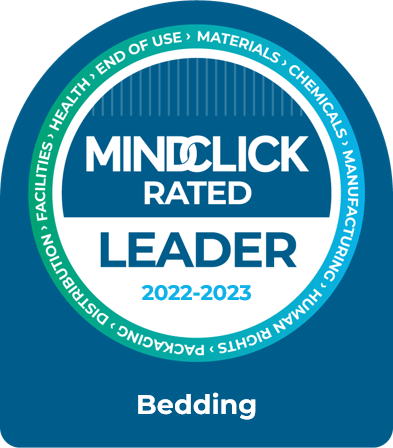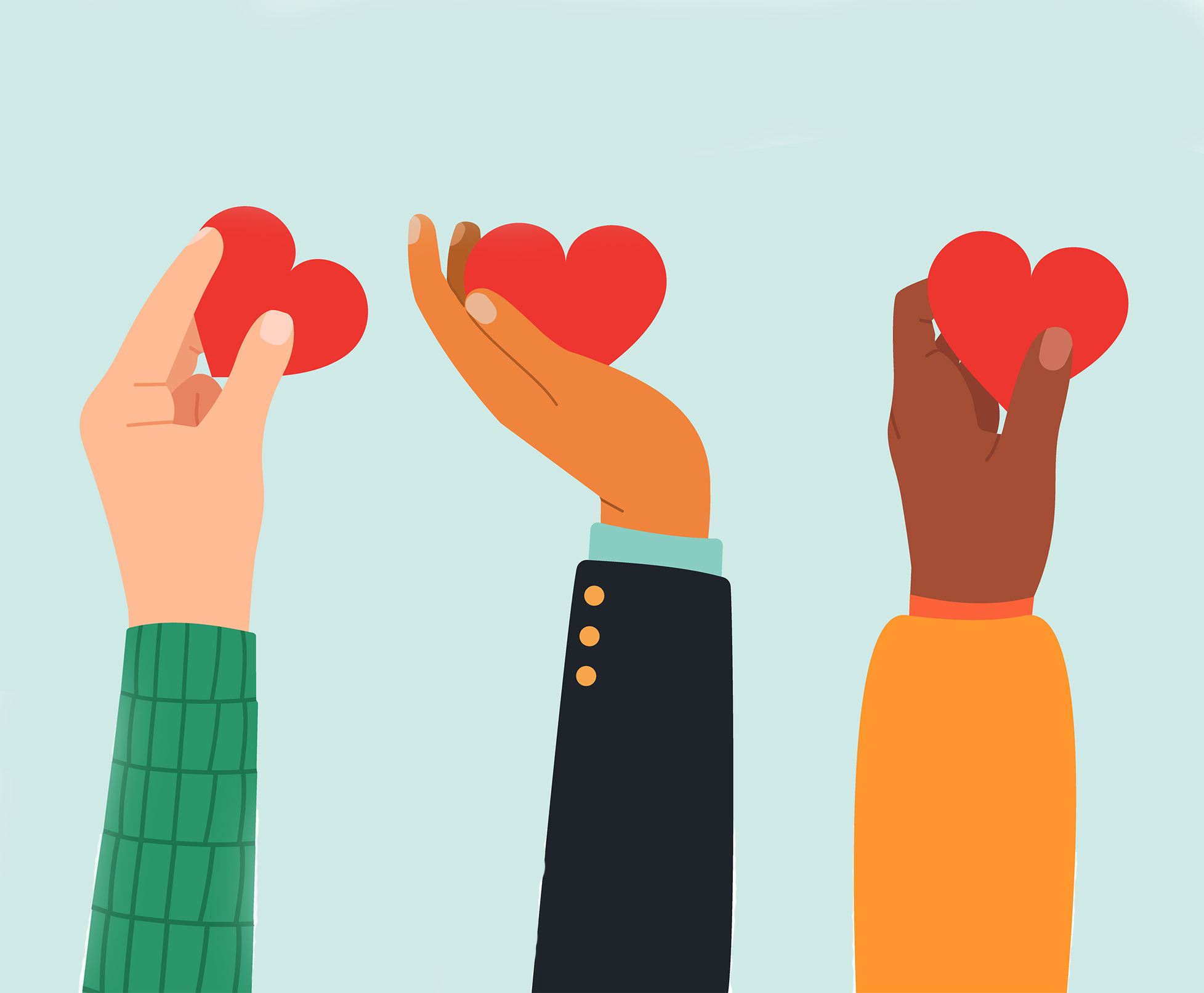As a third-generation family business, Richloom believes that our choices reflect our values. Responsibility is a fundamental guiding principle for our family and our business. We take seriously our responsibility towards the families who work with us and the communities we operate within worldwide. Considering the threats posed to our communities by climate change, Richloom must place environmentally and socially responsible practices at the center of the company’s mission. Recognizing that our sustainability commitment is a living document that will change, grow, and improve as the world evolves, Richloom is committed to becoming a better global citizen.
View All Sustainable Fabrics
We are committed to growing our sustainable product 5% annually. We weave with more recycled yarns, increase the number of solution-dyed yarns used, and adopt a more environmentally friendly C0 finish.


Since 2018, our Contract division has held Leader Status from MindClick, which rates the environmental health performance of manufacturers and their products.
We are working towards an annual 5% elimination of material waste at all Richloom locations worldwide. We continue to leverage our leadership in product design and sourcing to press our supplier partners for sustainable options.


We have reduced our energy consumption by over 30% in the last 5 years by switching all lighting to LED and installing motion sensors to turn off light in inactive locations.
Our Marketing team has grown our digital library exponentially over the past few years to drastically reduce the number of books for sampling fabrics. We have over 40 and continue adding to it!

We have instituted a memo return policy at our Distribution Center in Clinton, SC to encourage customers to return samples once the design process is complete.
Additionally, you can upcycle or donate your gently used samples to help reduce waste in the landfills.
As part of the family’s philanthropic initiative, Richloom will also be looking at programs where we can further have a beneficial impact on our communities through charity work and social repair.
To read more about our sustainability journey, click here.
Sustainability Key Terms
A measure of the impact that human activities have on the amount of greenhouse gases produced directly or indirectly.
The design of a waste-free product with a waste-free process. Circularity considers the product's entire lifespan and creates opportunities for the product to be repaired, reused, and recycled at the end of its use. Circular thinking must be integrated into all stages of production - from the design, manufacturing, transportation, storage, sale, consumer use and eventual reuse of the product.
A production system which eliminates waste by reusing and recycling the biproducts of the manufacturing process. Once a textile has reached the end of its lifecycle, it can be recycled into a new product with a new use.
This is an evolving concept of corporate governance that requires businesses to extend their responsibility from managing their own resources to also considering the long-term impact of their practices on the resources of the society, including environmental resources.
A term that consumers associate with healthy and environmentally friendly products/processes. It is a catch-all phrase with no specific standards or criteria. In other words, the term does not specify HOW the product/process impacts health or the environment.
An independent organization which rates and reviews the environmental impacts of the industry's top FF&E suppliers and manufacturers. MindClick rates social and environmental impacts throughout a product's life cycle.
A third-party certification which tests yarns, dyes, and other raw materials for harmful chemicals and certifies that the product is safe for human health. Standard 100 by Oeko-Tex tests for regulated and non-regulated substances known to have negative impacts. The list of harmful substances is updated yearly according to new research and advancements.
Any natural fiber (including cotton, wool, hemp and flax) grown according to national organic standards and without the use of toxic and persistent pesticides, synthetic fertilizers, or genetic engineering.
Material reclaimed from the consumer. Material that has been recycled AFTER being used for its intended purpose in private, commercial, or industrial settings.
Material reclaimed from the manufacturing process or further downstream industry. Waste material that has been recycled BEFORE it reaches the consumer as a part of the production process.
European standard which restricts certain dangerous substances in products to protect consumer health and safety. Regulated chemicals include Phthalates, Cadmium, etc.
Recycled fibers are yarns produced from waste. This reduces landfill waste and significantly reduces our consumption of virgin resources.
Energy that is generated from natural resources, including sunlight, wind, rain, tides, and geothermal heat - all of which are renewable and easily replenished.
A brand of recycled fibers produced from reclaimed plastic bottles. The bottles are sourced and cleaned locally to prevent transportation emissions.
This is a commitment to the well-being of people and society. Along with profits, socially responsible companies value the health of our communities and the planet.
Describes practices which meet current needs while also preserving resources for future generations. Sustainable practices acknowledge that economic growth is dependent on the health of our communities and the natural world. Sustainable production must consider water use, energy use, greenhouse gas emissions, material use, waste streams, reuse, and repair.







